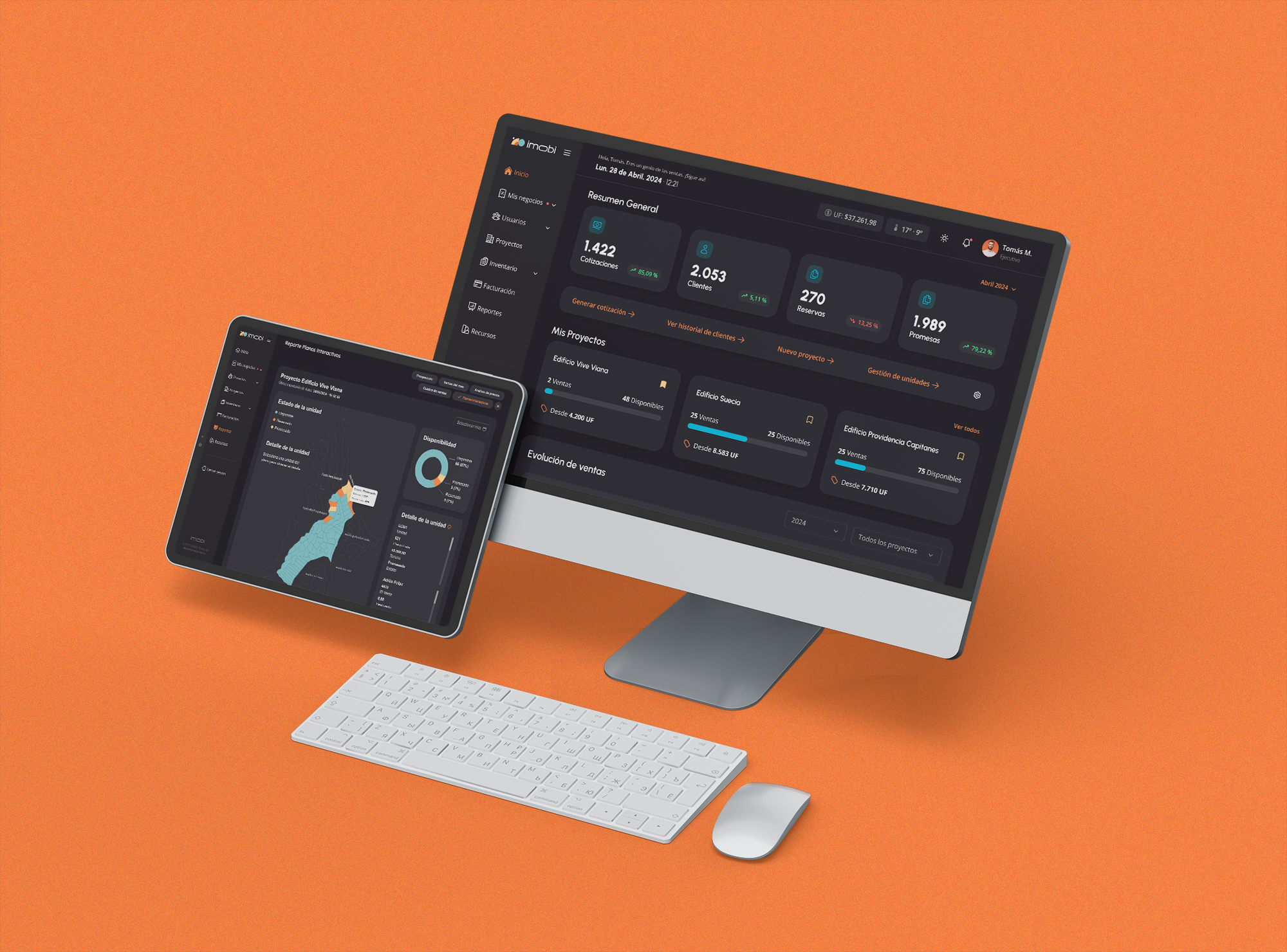Share this article
Influence Engineering
Influence engineering, or predominance engineering, comprises a set of techniques and strategies that influence people’s opinions, attitudes, and behaviors.
Influence engineering is based on the study and analysis of human psychology. It is gaining prominence in fields such as security, marketing and advertising, and politics, leading to the development of applications in areas such as healthcare, autonomous driving, and e-learning.

Influence engineering is based on the study and analysis of human psychology.
How can I use Influence Engineering to benefit my company?
In influence engineering, persuasion strategies are employed to shape individuals’ perceptions and behaviors, ultimately influencing their decisions and promoting specific online behaviors.
Companies use influence engineering to collect and analyze data about the behavior and purchasing preferences of their users, gaining behavioral insights.
The information they receive is transformed into data, which is then processed and developed into algorithms that indicate potential actions people might take in response to certain stimuli. Subsequently, strategies are created to influence the decisions the business desires the user to make.
Trend Statistics
Gartner has categorized it in 2021 as one of the four emerging technologies expected to have a significant impact on digital advertising.
According to Exploding Topics, searches for “Emotion AI” have increased by 525% in the last five years, and it forecasts a growth of 4 times more in the next 8 years.
Gartner explains, “In particular, the use of AI is expanding towards targeting, measurement, identity resolution, consent and preference management, and even in some advanced cases, the generation of creative content with generative AI tools.”
Emotion AI is part of the influence engineering trend, which involves producing algorithms designed to automate elements of the digital experience that guide user choices through learning and applying behavioral science techniques.
As established personalization techniques decrease due to privacy constraints, new data sources and ML capabilities are enabling new systems of influence.
The application of Emotion AI understands that artificial intelligence is capable of recognizing human emotions, technology that helps turn emotions into usable data to offer better and more personalized experiences for each user.
4 Techniques Used in Influence Engineering
- Social Engineering: This technique uses social pressure and social norms to influence user behavior.
- Behavioral Segmentation: Data is the focus in this technique, as it targets user behavior to deliver specific content and ads.
- Emotional Appeals: Emotions play a key role in influencing user behavior, including emotions related to fear, joy, and angera.
- Psychological Manipulation: This technique seeks to influence user behavior through persuasion, deception, and coercion.
How Emotion AI Relates
Influence engineering and Emotion AI both aim to understand and influence human behavior. They analyze emotions to trigger individualized actions and reactions based on a person’s mood.
Affective Computing or Emotion AI analyzes a user’s emotional state using artificial intelligence techniques such as software logic, voice input, computer vision, and sensors.
Challenges
In conclusion, it is crucial to use this type of technique in an ethical and responsible manner, always considering the well-being of users and ensuring that its application does not harm or endanger them. However, applying this technique comes with risks, and if used to manipulate users to their detriment, it can cause significant harm.














